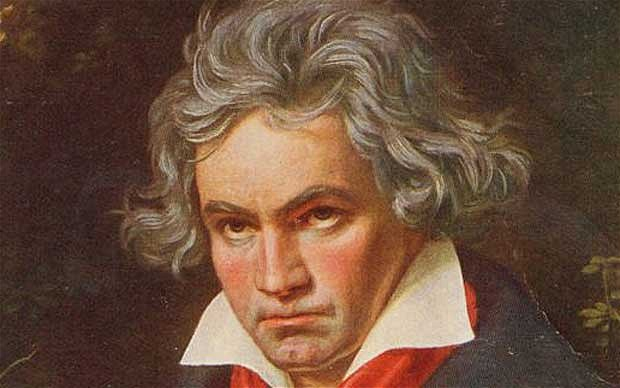Ludwig van Beethoven (1770 – 1827)
Ludwig van Beethoven is widely regarded as the most influential and famous composer of his time.
His music was ahead of its time, which set him apart from his contemporaries. He built greater structures, explored more topics, and composed symphonies that were louder, longer, and more exciting than any that had come before. He also pushed harmonic experimentation to new heights, going against the Classical period's basic harmony.
As a result, he played a crucial role in the transition between the Classical and Romantic periods of music. Simply said, he broadened the emotional range of music.
Between 1802 and 1812, Beethoven's 'heroic' phase, he is said to have attained his pinnacle. He composed his Fifth Symphony, Violin Concerto, Moonlight Sonata, and the opera Fidelio — his only opera – during this time.
His hearing began to deteriorate in 1813, and by the age of 44, he was fully deaf. Despite this, he continued to compose, and in the later years of his life, he completed the famous Symphony 9. This includes the Ode to Joy, which was designated as the European Union's "anthem of Europe" in 1985.
Beethoven, like many brilliant musicians, was a complex and tortured man. He had a difficult upbringing in addition to being deaf. His father was violent, and his mother died of TB when he was only sixteen years old. He pondered suicide later in life and never married.
Beethoven's compositions are undeniably influenced by his experiences with adversity. They depict stories of upheaval, strife, hope, and elation at various points - emotions we can all relate to.
Nationality: German











